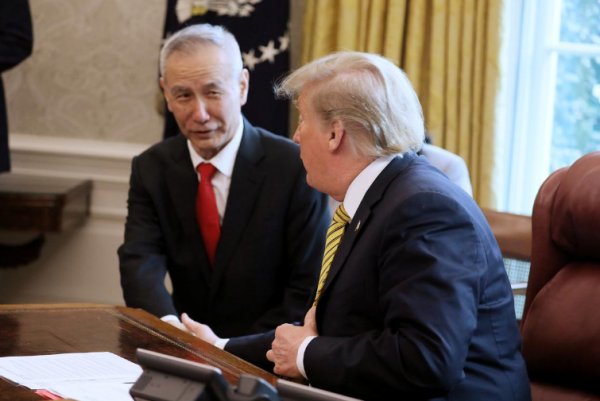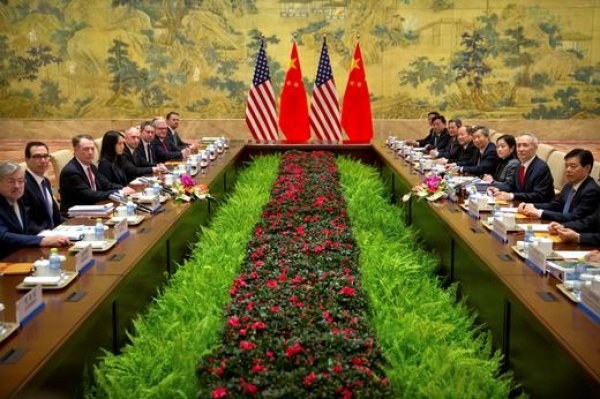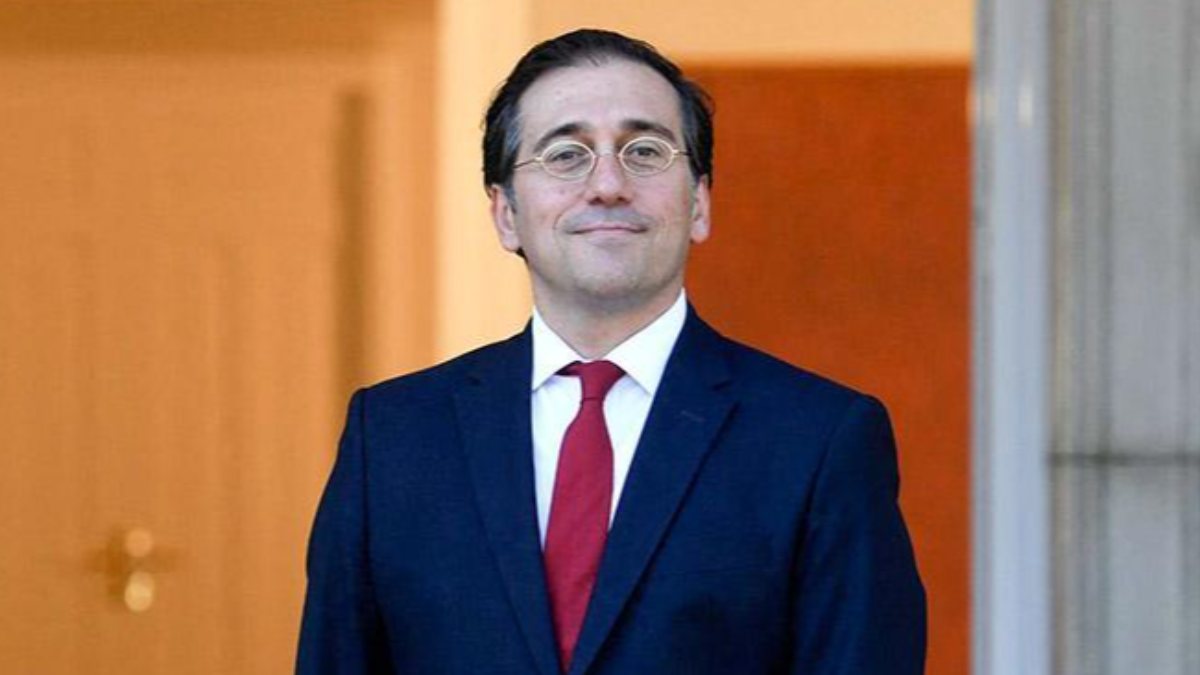
Trade talks between the world’s top two economies broke down Friday without securing a comprehensive trade pact as Trump vowed discussions would continue.
CHINA TRADE TALKS END WITH NO WIN FOR TRUMP
Treasury Secretary Steven Mnuchin and Trade Representative Robert Lighthizer had been meeting with Chinese Vice Premier Liu He, who is the country’s top trade negotiator and who was leading a delegation from Beijing.
The president said two days of talks that culminated without success were “candid and constructive,” emphasizing his relationship with Chinese President Xi Jinping “remains a very strong one” despite the lack of success and Trump’s decision to ramp up tariffs.

Trump vacillated on whether economic penalties would be removed, pegging such action on continued negotiations.
“In the meantime, the United States has imposed Tariffs on China, which may or may not be removed depending on what happens with respect to future negotiations!” he said on Twitter.

The administration moved early Friday to hike tariffs on $200 billion worth of Chinese imports to 25 percent from 10 percent as China vowed to take “necessary countermeasures.” It is unclear what measures China is weighing in retaliation, but Trump has said he may impose a new 25 percent levy on $325 billion worth of Chinese goods, which would effectively place the penalty on all goods imported from China.

Should he go ahead with that China would not be able to reciprocate directly due to the trade imbalance between the countries. The US has a trade deficit with China estimated at $378,6 billion in 2018 by the US Trade Representative, a fact Trump has repeatedly and frequently bemoaned.
Just hours before talks concluded Trump said his tariffs “will bring in FAR MORE wealth to our Country than even a phenomenal deal of the traditional kind.” But tariffs are typically paid by importers who then pass on those costs to consumers, not by the exporting entity.













